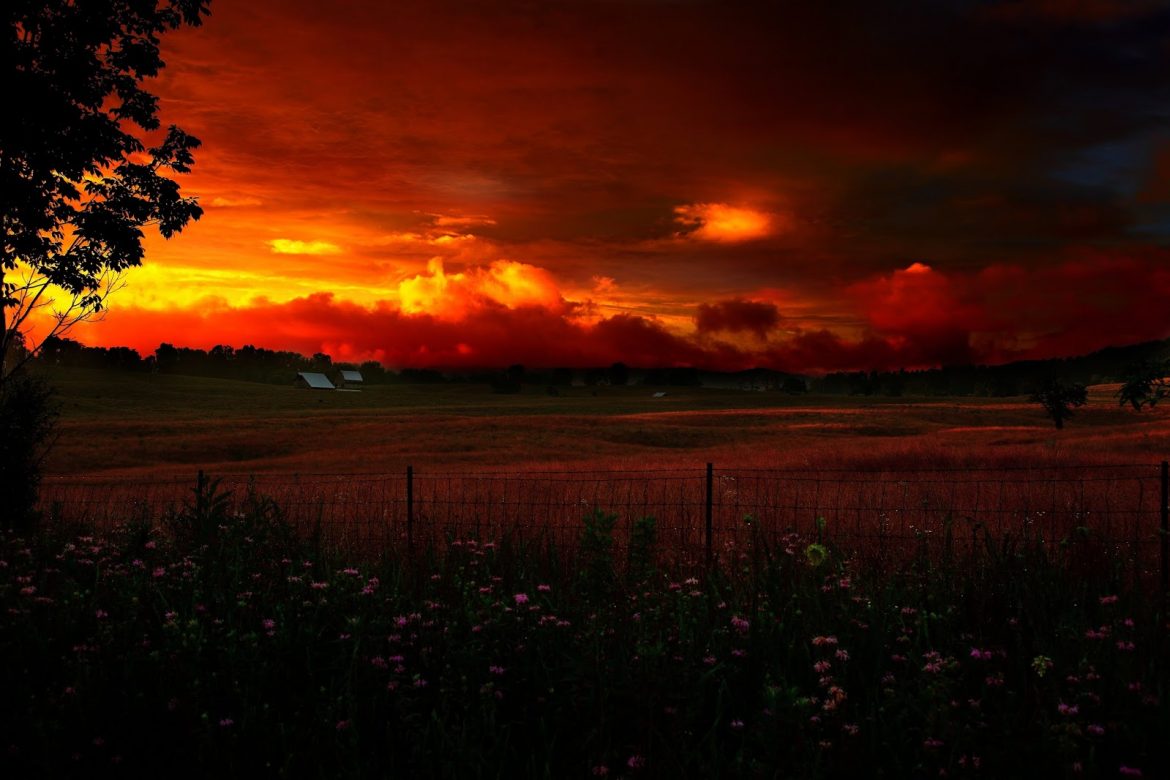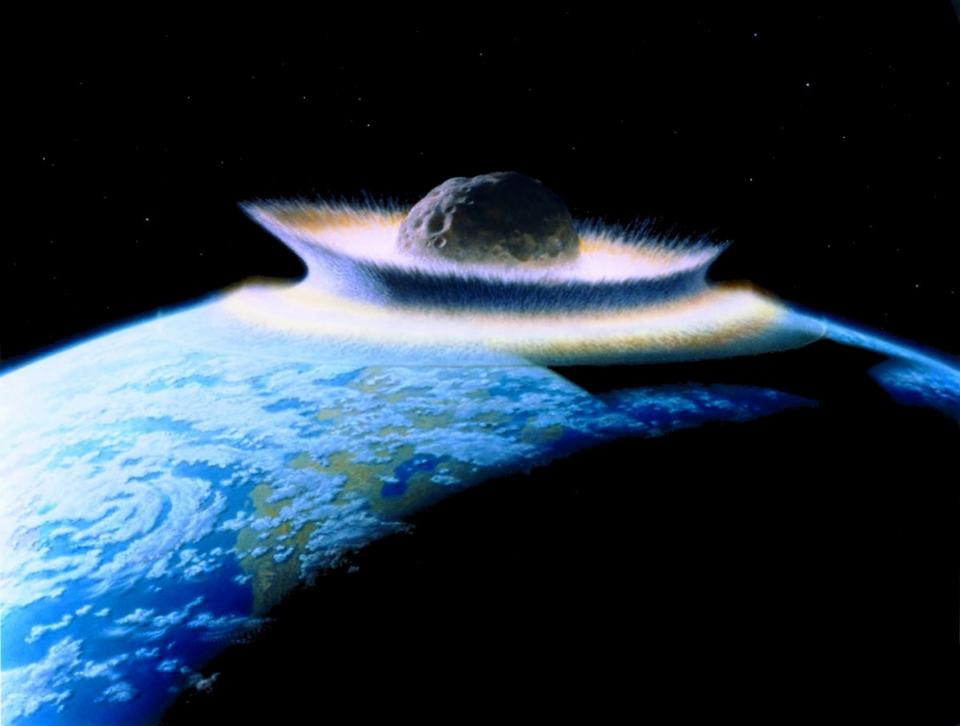Humans have begun “The Sixth Extinction.” The American media, even the progressive media, have been promoting the idea that most of the life on Earth has been wiped out many times before—by asteroids, comets or super-volcanoes. Why? Because the best excuse for not facing human destructiveness is to say that nature is also destructive.
A new study by scientists at the Smithsonian Institute and the University of Kansas mapped out all of the Earth’s extinction events over the last 500 million years. There has been an extinction event on average every 27 million years–much more often and regularly than previously thought.
An extinction event is defined as a sharp decrease in the diversity and abundance of macroscopic life, that is, life that can be seen without a microscope. As MIT’s Technology Review reported, “Something of enormous destructive power happens every 26 or 27 million years,” wiping out a significant portion of animals and plants on Earth.
The study was largely treated as a joke on American political talk shows, with people saying things like, “eleven million years ago a ten mile wide asteroid crashed into New Mexico, wiping out half the species at the time, so that still leaves 16 million years you can continue to watch our show.”
We are in the midst of a man-made extinction event. At the present rate of annihilation at the hands of the Earth’s only sentient species, half of all animals and plants on Earth will be wiped out by the end of the century. Obviously, this issue goes to the heart of the relationship between humans and nature.
It also speaks to the basic way we view the universe, and our place in it. The vast majority of people in the West see the cosmos as essentially chaotic, cold and indifferent to human life. We have been conditioned us to view humans as specks on a speck in space, no more significant in the scheme of things than ants are to us.
Is science mostly responsible for this wrongheaded notion? Science, as important and powerful a tool as it is in human life, is a mechanistic enterprise. To the conventionally scientific mind, the universe operates according to predetermined laws that emerged moments after the Big Bang, and driven by random forces.
Since randomness can’t explain a universe ‘fine-tuned’ for life, cosmologists have fabricated the idea of an infinite number of universes, the ‘multiverse.’ The multiverse idea is intellectually dishonest.
The more destructive humans become, the more science is used to tell us not to worry, that the universe is destructive too.
To think clearly about this issue, and preserve what’s left of the Earth’s wild creatures and places, we must make a clear distinction between natural creation and destruction, and pointless human destructiveness, which has no precedent in nature.
Poverty, war and man-made mass extinction of other animals with which we evolved and share the earth are closely interrelated issues. When we kill animals thoughtlessly, selfishly and needlessly, we are contributing to the destruction of future generations. We are saying to the children of the future: ‘We don’t care about you and the world you inherit; we only care about our own prosperity and pleasure.’

The same self-centeredness and brutishness that kills animals needlessly maintains the divide between the rich and poor all over the world. The Christian idea that ‘God gave man dominion over the animals’ goes hand-in-hand with the very un-Christ like idea that ‘the poor will always be with us.’ They are two sides of the same debased coin.
We are a sentient species, meaning that we have awareness of ourselves. We call ourselves Homo sapiens, which is a complete misnomer, because sapient means ‘wise.’ How can a sentient, much less sapient species wipe out half the animals on Earth, and destroy habitats and the viability of the oceans and atmosphere at an accelerating rate, and then rationalize it by saying that the universe is destructive too?
Africa is the birthplace of humankind, the continent where both ancient and modern humans first emerged. Africa also contains the last great herds of migratory land animals on Earth.
Prior to the cognitive leap that made us ‘fully modern humans,’ human numbers East Africa dwindled to less than ten thousand people due to an ‘extinction event’–the eruption of a super-volcano in Indonesia about 75,000 years ago. Every person on earth, all nearly 8 billion of us, is descended from those few thousand people.
Another breakthrough, fully conscious and essentially spiritual, is urgently required. This awakening of potentiality will be no less a transmutation in our brains than the unconscious cognitive revolution.
A transmutation can and must occur for humans to cease being the immensely destructive creature we are, and begin to grow to our full potential as human beings.
Martin LeFevre


